
The executive summary of the US Senate Select Committee on Intelligence’s report on torture, released last week, drew stark conclusions about American interrogation practices. Amid continuing debate over the report’s findings, the key question now is whether its release will signal the beginning or the end of accountability. Without greater accountability, America’s capacity to act as a moral leader is likely to suffer. This could also make it difficult to forge partnerships and deepen the relationships that are crucial for promoting democracy, human rights and the rule of law abroad.
In many countries, formal reports of government abuse have led to premature closure of public debate and an end to investigations. Yet sustained public pressure is crucial for keeping the door open for future accountability. In Latin America, civil society organizations – many founded by the families of victims of torture – have taken a leading and unparalleled role in channelling public demand for justice.
Civil society activism is also driving demands for accountability in the United States. In the past decade, civil liberties groups and non-governmental organizations (NGOs) such as Human Rights Watch – which have historically had different areas of concern (e.g. outside the United States) and drawn on different bodies of law – have both become more active in monitoring the US government.
But on the allegations of torture in the Senate intelligence committee’s investigation, the capacity of these organizations to mobilize broader public support for accountability is limited by the absence of American victims. Neither those tortured by the US government nor their family members are likely to have any impact on domestic debate. Family ties not only generate passion, they also facilitate access to secret information. The American public has previously had far less intimate knowledge of its government’s human rights violations. Even now, this knowledge is being channelled through a formal partisan process, rather than through informal social networks.
International pressure on the United States for accountability is also growing, but remains weaker than it has been in Africa, or even Latin America. In a report issued this month, the chief prosecutor of the International Criminal Court (ICC) said that the court was continuing to look into the possibility that US forces in Afghanistan had committed torture. But the ICC is struggling to complete its current workload. It is bound to be wary of taking on a formal investigation of crimes committed by US officials, given the pushback this would provoke.
Instead, domestic politics is the key factor driving the American debate over torture. But the partisan atmosphere around the topic holds little promise for accountability. With the exception of a few notable figures such as Republican Senator John McCain, responses to the Senate report are breaking down along party lines. The minority report, released by the Republicans on the same committee, contests the majority report’s conclusions, arguing instead that the CIA’s ‘enhanced interrogation’ programme saved lives and helped weaken Al-Qaeda. The fundamental differences between these two reports reflect the polarized contours of the public debate about torture inside the United States.
According to some opinion polls, this polarization is mirrored among the US population at large. A Pew Research Center survey found that 73 per cent of Republicans believed that CIA interrogation tactics helped prevent terrorism, versus 47 per cent of Democrats. But a more careful long-term survey by Darius Rejali, an expert on the use of torture in democratic states, and his colleagues at Reed College in Portland, Oregon found that when Americans are asked about specific torture tactics – such as electric shock, waterboarding or sexual humiliation – the vast majority shun them. The sudden rush to poll Americans should be viewed with caution, since short-term studies conducted in the context of a charged partisan environment are often unreliable.
The bigger danger, however, may be premature closure of an important public debate and the jettisoning of any prospect for accountability. Truth commissions and investigative commissions are frequently a mechanism used to shut down debate. Often the results are not released to the public. Rarely are names named. Even in South Africa, many people felt that the post-apartheid Truth and Reconciliation Commission failed to produce the kind of open and honest debate that would have provided a more solid basis for consolidating a democratic culture founded on the rule of law.
Accountability can come in many guises. Criminal trials are the most obvious option, particularly since the United States has an established rather than transitional political system, but there are other options as well. The American Civil Liberties Union (ACLU) has proposed pardons. The same day that the Senate report was released, Anthony Romero, the ACLU’s executive director, suggested that former president George W. Bush, former vice-president Dick Cheney and a handful of other government officials should be named, and pardoned, by President Barack Obama for authorizing specific torture techniques. This, he said, might be the only way of making it clear that torture is against the law. But pre-emptive pardons of the type that Romero has suggested leave no scope for a process of public deliberation. Pardons may also create the impression that those who sanctioned torture had no alternative.
Why is accountability important? Some researchers argue that torture is likely to recur except where the domestic political costs of its use are high. Individual accountability, even when neither necessary nor sufficient to prevent the recurrence of torture, can also have a broader utility: inhibiting the tendency by pundits, foreign publics or, far worse, those who aim to mobilize against Western interests to assign collective guilt to an entire nation.
America’s role in the world may offer the strongest argument for taking further steps at home. Authoritarian leaders use America’s wrongdoings as an excuse for their own behaviour. For example, North Korea has demanded that the United States be taken before the UN Security Council for its torture practices. This amounts to little more than posturing on Pyongyang’s part – not least as a retaliatory response to news that North Korea’s own human rights record will be taken up by the UN Security Council within days – but it illustrates the perils to American foreign policy credibility of losing the moral high ground.
Even if pressure for reform fades at home, America’s capacity to act abroad will be diminished without greater accountability.
This article originally appeared at Chatham House.


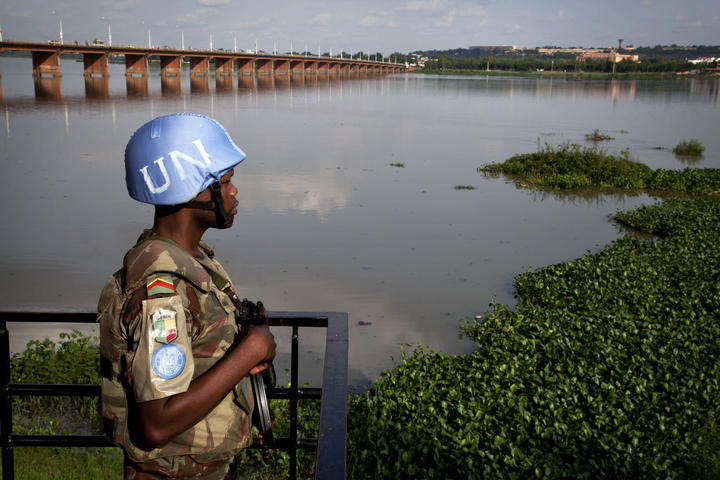
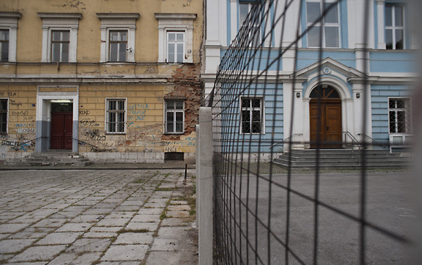
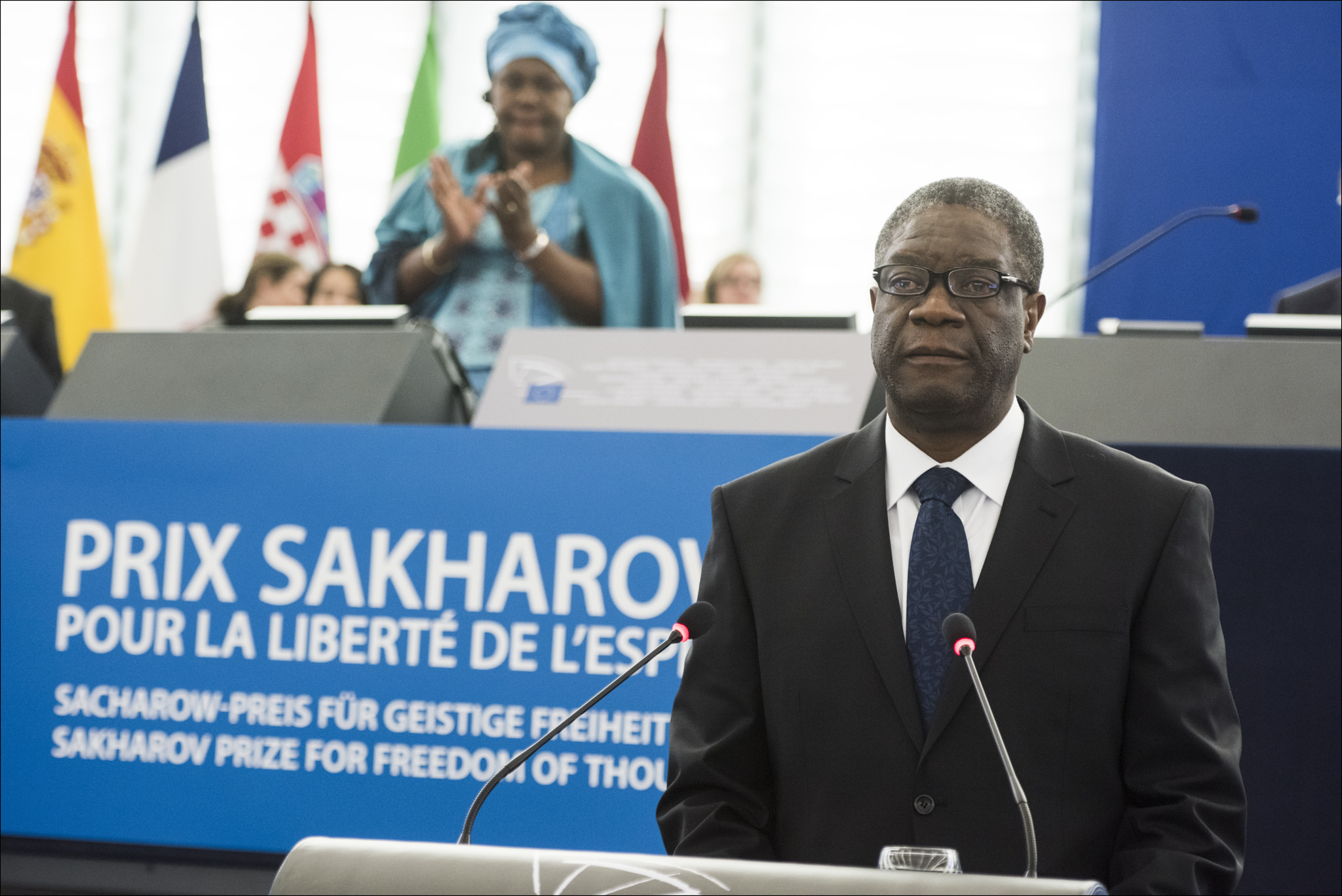
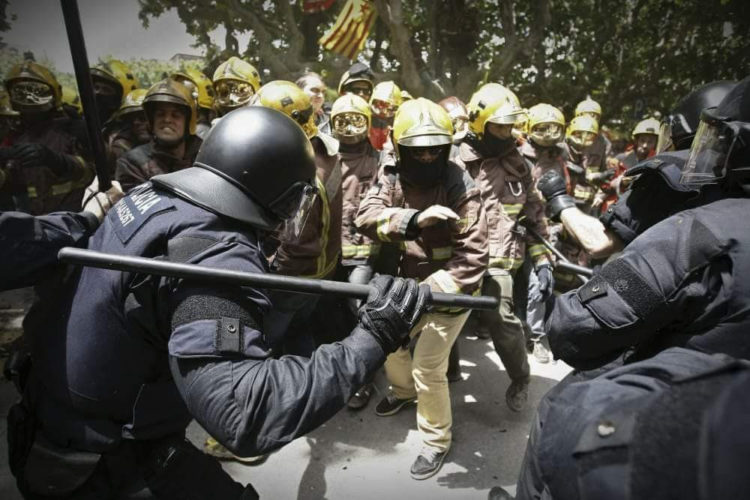
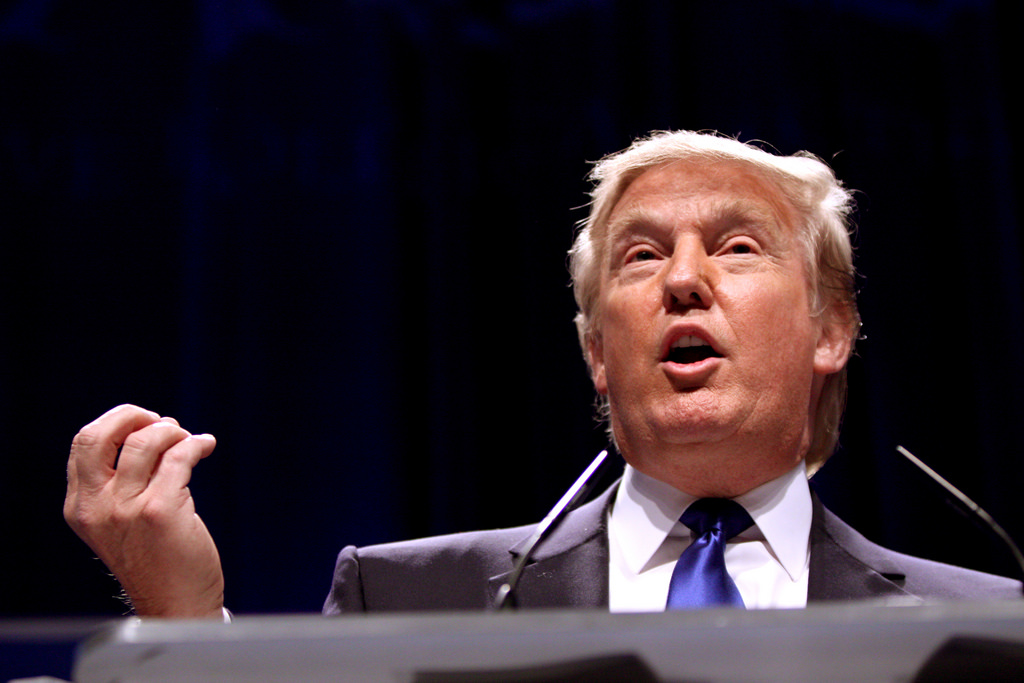
1 comment
The article conflates accountability with preventing future torture, and also fails to demonstrate a casual relationship between them.
The muddled in-coherency of the article makes it difficult to comment on. The Truth and Reconciliation ins South Africa was not designed to produce accountability it was designed to produce reconciliation. The article points out that Americans are for torture to protect the country in general but when asked specifically how to torture are repulsed by it.
As for the report shortening the debate, this has gone on for 13 years, and is the product of a consensus view that repudiates torture categorically.
And finally this is not over for the torturers, there is now an official government document that labels them as torturers, and while the US is never likely to do anything, they cannot travel over seas since they could be arrested at any time by any government that wants to try them for human rights violations. In point of fact Switzerland has told the State Department that if Bush ever lands there he will be arrested.